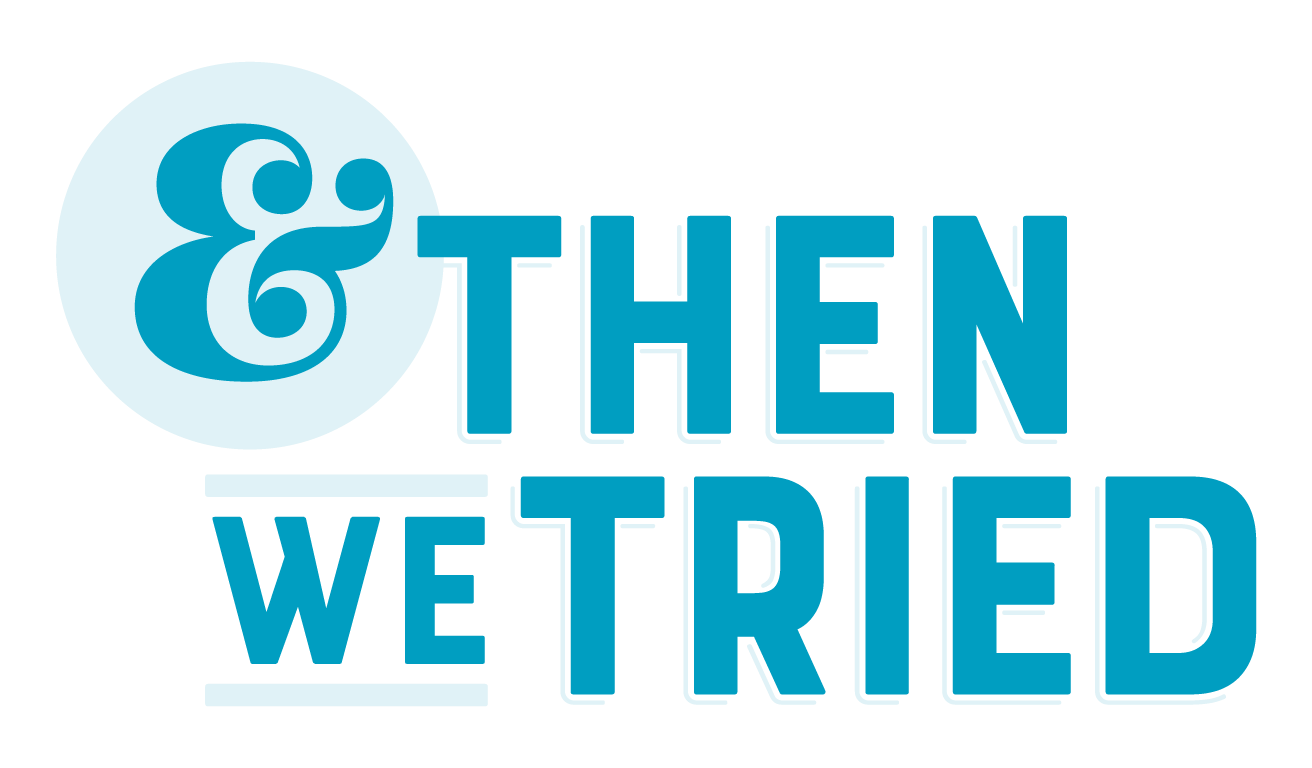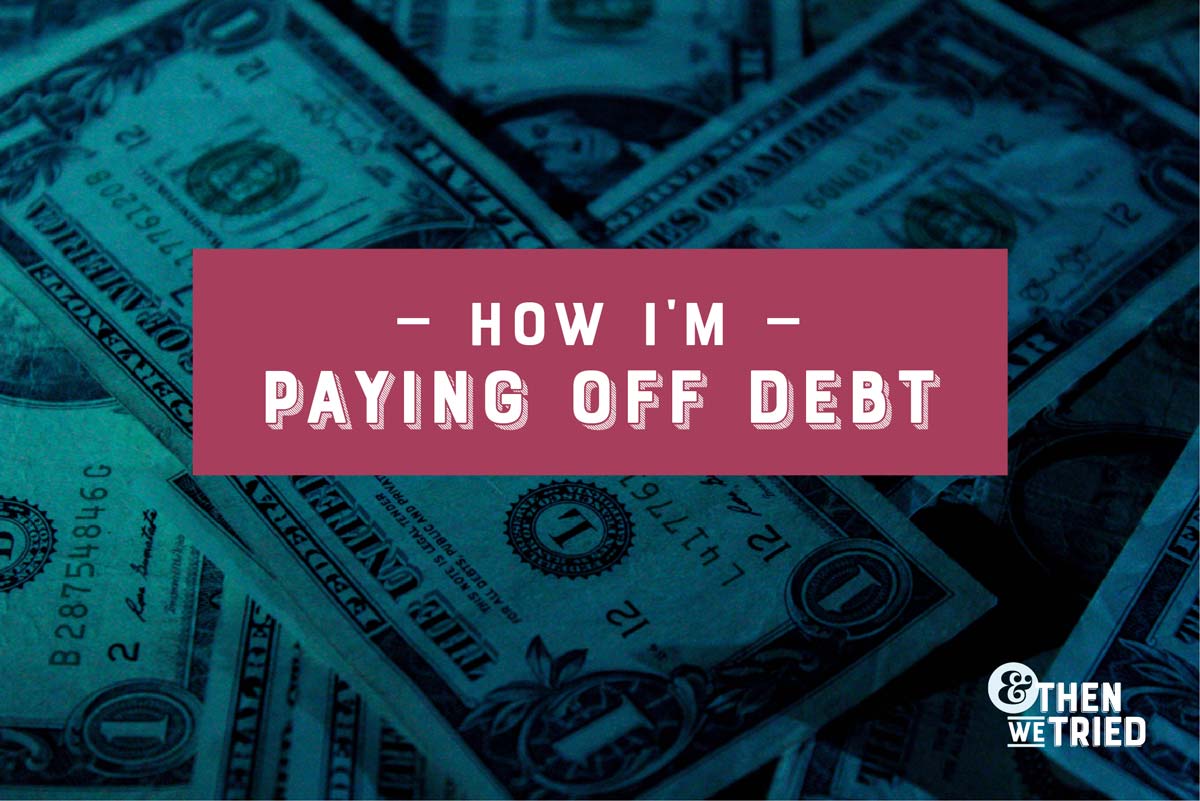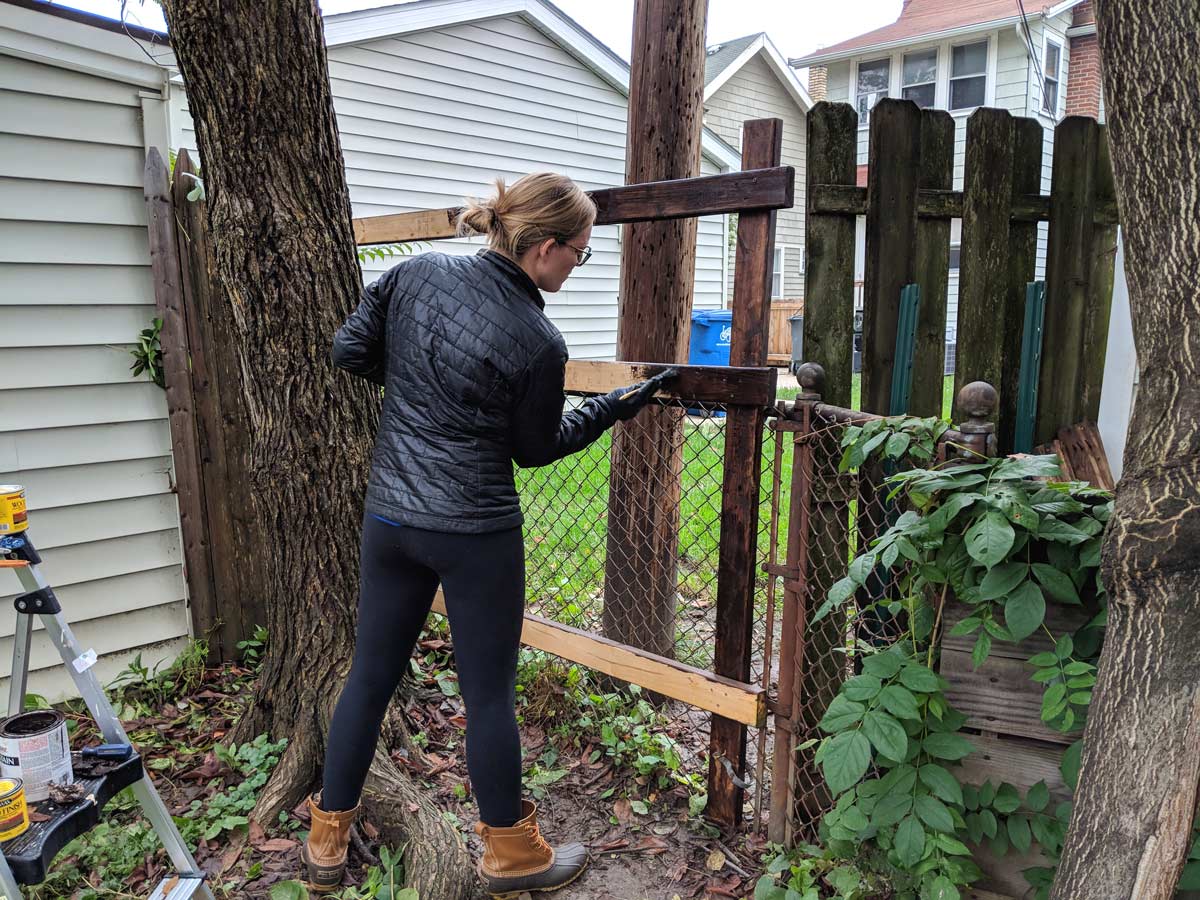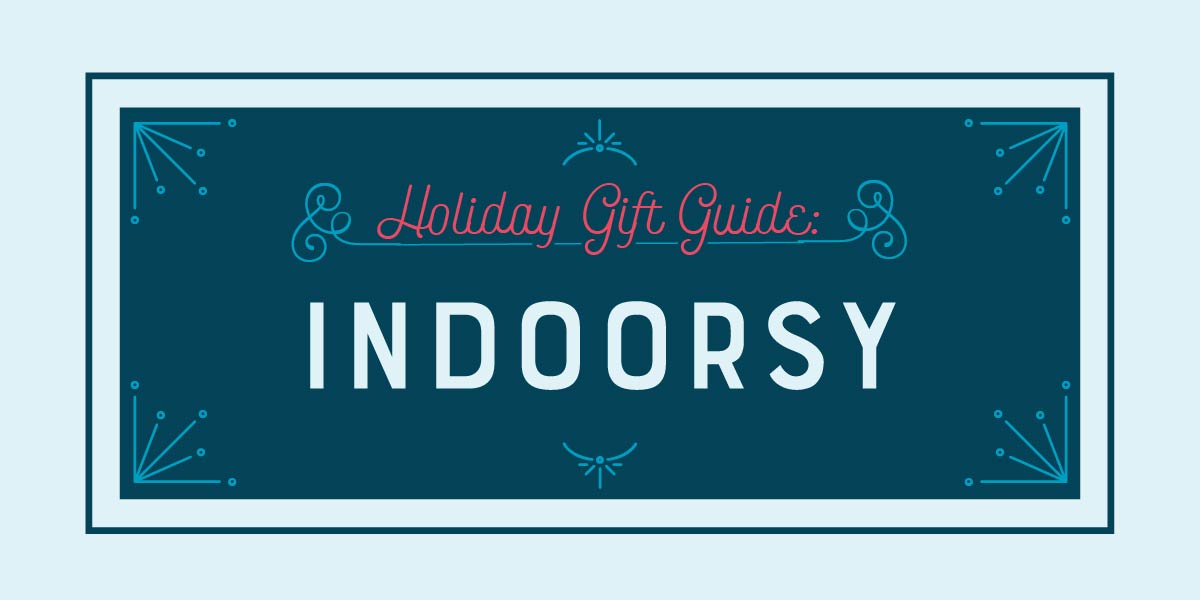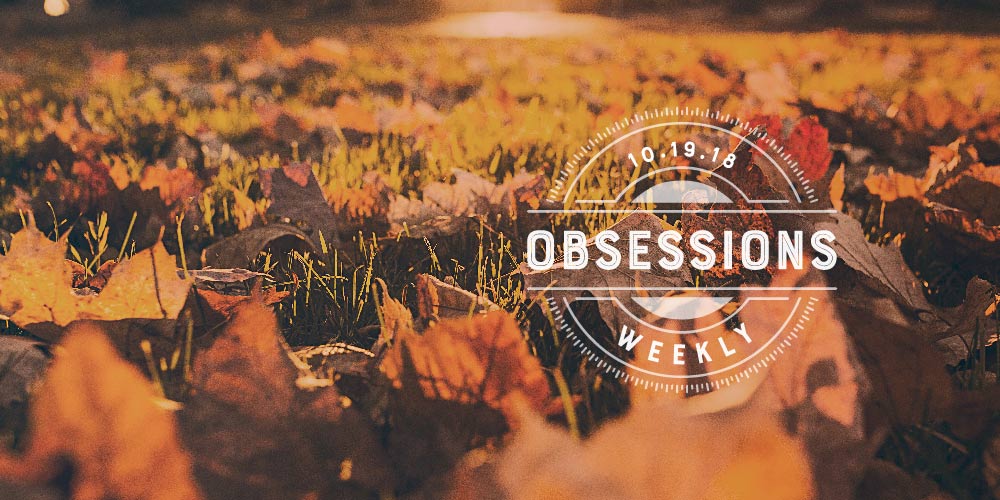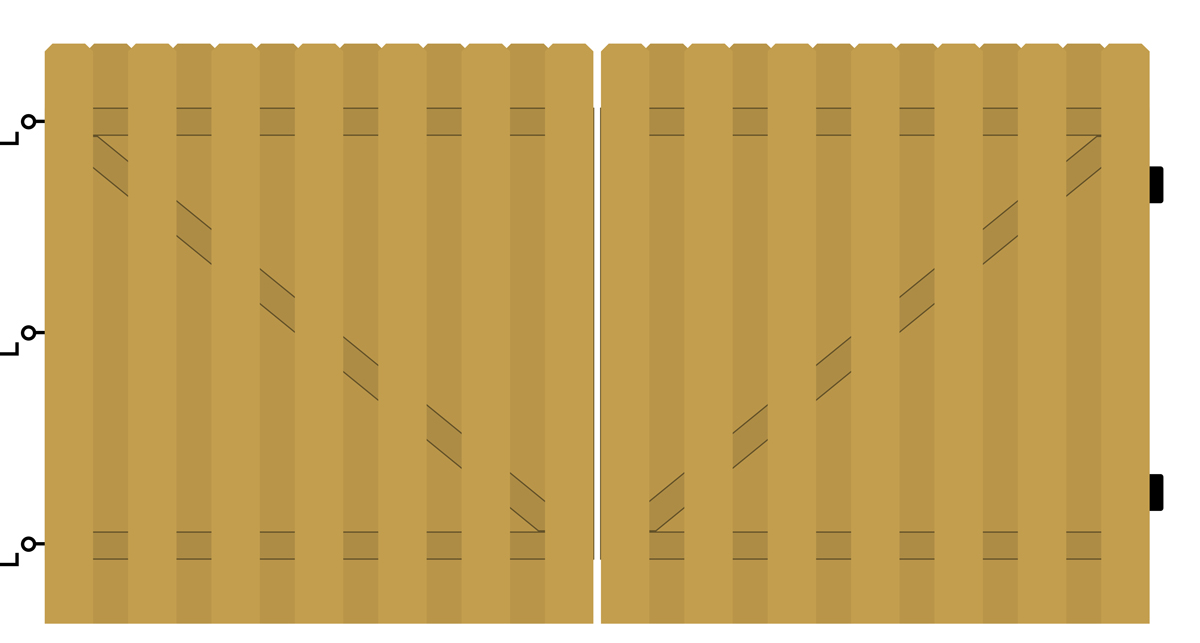Today we’re talking about something not so fun: debt. Specifically, avoidable credit card debt. As embarrassing as this is to talk about (and broadcast online) the more I talk to my friends and peers the more I realize that a lot of people have issues paying off debt, it’s just that no one talks about it. So, here’s my debt spiral.
At the beginning of 2017, I found myself with about $7,000 in credit card debt. That’s a big number, and it made checking my bank account an anxiety-riddled experience. I have no one but myself to blame for that amount, but the truth is it added up much more quickly than I’d like to admit. I needed to get ahold of this debt before it completely destroyed my life.
After weighing my options, I decided the best way to tackle my debt was to eliminate the interest payment and start making large, bi-monthly payments to the balance. I applied for a zero interest credit card and was approved for a $6,000 credit line.
In February 2017 I made a balance transfer of $5,700 to the zero interest credit card (for some reason that’s all that was approved for the transfer). The fee to do that was $171. So I had a balance of $5,871 that I needed to pay off by February 2018, which was when the 0% interest ran out. In order to do that, I would need to pay about $500 a month. I decided to pay $250 from each of my two paychecks a month until that amount was paid off.
That plan was moving along, but because I was only approved for a $6,000 credit line, I wasn’t able to completely zero out my other credit line. That account was active; it’s the card I use to accrue points and make online purchases (which are, um, frequent). While I tried my best to get that balance down to zero, old habits die hard. By September 2017 I had a balance of about $4,000 (I DON’T WANT TO TALK ABOUT IT, YOU GUYS).
Look, I’m very aware that my spending habits are the real issue here and that if I don’t change those then I’m just going to continue struggling with paying off debt. But in my mind, when I’m already looking at thousands of dollars’ worth of debt, what’s another hundred? (WHY AM I TELLING YOU GUYS THIS?) I knew I wasn’t going to make any significant progress in changing my habits until I was dealing with a blank slate. It just seemed more manageable that way.
Time to hit you with some more numbers.
- I was paying $500 a month to the zero interest credit card
- Between monthly expenses and keeping cash in my checking account to pay for things, I was only paying about $400 a month to my other credit card
- While that was $900 a month (!) to my various debts, it wasn’t enough
- 10% of each of my paychecks goes into a savings account automatically. This is my emergency fund.
- Another 5% of my paycheck automatically goes into another savings account that is attached to my checking account. I use that account for travel and other fun things, like weddings and bachelorette parties.
By the time that my active credit card balance reached $4,000 in September, I was so over putting so much money towards my credit card bills. Although I had been very against touching anything in my emergency fund, what good is a savings account if you still have thousands in debt? (According to expert Dave Ramsey, this is the exact wrong thing to do when paying off debt.) So, I basically emptied that account and put another $1,500 towards the balance on my zero interest card.
At this point, I’m on track to pay off the zero interest balance by next month, meaning that starting in December I’ll have $900 a month to pay off the other card. If I manage to not blow that balance out of the water (a big if), I’ll be able to pay that card off by April 2018.
So, what have I learned?
Credit Scores are Weird
I consider myself to have a terrible history with money and credit cards, but at the start of this, I had a respectable credit score. Throughout this journey, I have progressed to an excellent credit score. Making regular payments (even if it’s just the minimum) has a huge effect on your score. This was both refreshing (at least I don’t have a terrible credit score!) and dangerous (are things really that bad? YES, HANNAH, THINGS ARE REALLY THAT BAD).
Things that Helped Me
I Have an HSA
When I was hospitalized this summer and hit with thousands of dollars in hospital bills, I was able to pay for them out of my HSA so that my savings account didn’t take a hit.
Cost of Living
The cost of living in Cleveland is very low. Additionally, I live with Zac in a house that he owns. He was very supportive of me paying off my debt and when I moved in we decided on a flat fee that I would contribute to household expenses. I am very aware that if we lived in a more expensive city or if I lived on my own that I wouldn’t have such a luxury.
Extra Payments
I earned a bonus at work during this time period and instead of using it to treat myself to something nice (which I would have done normally), I put the bonus money towards paying off debt. Also, I got paid three times in June, so I paid my credit card three times.
Changing My Mindset
This was the hardest part, and I still have a lot of work to do here, but I started thinking about my money differently. Was it worth it to spend $150 on a J. Crew sale? Or would I rather be able to put that money towards paying off debt so that I can start saving for bigger purchases sooner? While I already pay the full amount that my company matches for 401(k) contributions, I’d like to be able to start saving some significant amounts of money for the future.
I still have a long way to go, but even just getting more serious about managing my money has helped change my mindset. I’m trying to grocery shop and cook more (hello slow cooker season!) and I’m working on establishing a realistic budget.
I don’t expect you guys to spill your guts in the comments, but are money issues and paying off debt something you’re concerned about? We’re considering talking about this more on the blog and would love to hear your feedback.
